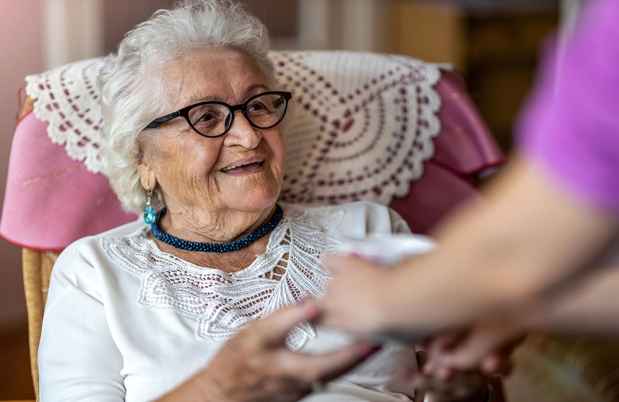A recent McLean Hospital study finds that many clinicians are using their patients’ social and electronic media in therapy.
The researchers used a web-based survey of outpatient psychotherapists associated with McLean Hospital. More than 60% of respondents said they had viewed at least one patient’s social or electronic media as part of therapy. More than 90% of these same respondents found this practice helped them provide more effective treatment.
“We have noticed over the past decade that a growing number of our patients have ‘digital lives,’” said Ipsit Vahia, MD, the paper’s senior author. “This includes engagement with text messages, Facebook, Instagram, email, and other platforms.”
Vahia, medical director of the McLean Institute for Technology in Psychiatry, said the survey aimed to find out “how digital communications are being used in psychiatric care. Specifically, we wanted to find out whether people’s digital use reflects psychiatric symptoms and whether this information is meaningful.”

To answer these questions, researchers asked clinicians to report how much they accessed their patients’ social and electronic media content. They also asked clinicians their reasons for or against using these messages.
“We were struck by how many therapists were already incorporating information from electronic media into therapy,” Vahia said. “These clinicians see these messages as a way of getting more objective information on how their patients are communicating.”
Vahia stressed that 74% of clinicians said it was the patient’s idea to use these messages in therapy. Also, 89% of clinicians said they viewed the content in the patient’s presence.
“It’s refreshing to see that when this data is used in the clinical domain, it is with the patient’s consent,” Vahia said. “Patients’ willingness to share this data reflects the importance of giving them control over the process.”
Vahia and his colleagues plan to build on this survey and learn more about the ways social media and electronic communications can inform and improve clinical care.
“This work opens the door to exploring the broader world of digital information and gaining more meaningful information about the patient’s symptoms, interactions, and behavior. Most importantly, these findings show us a way to achieve this while letting patients retain control of the data and their own privacy.”
Media Requests
Journalist or member of the media? We are available 24/7 for media requests.


